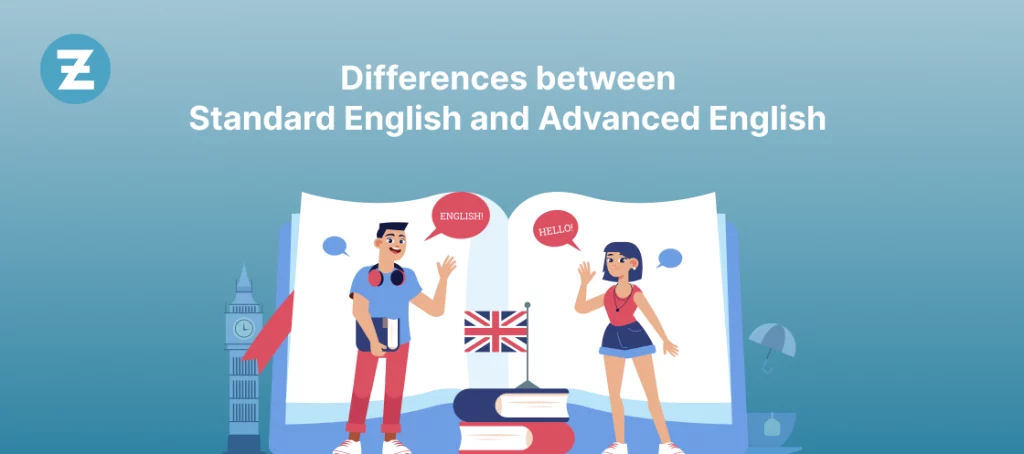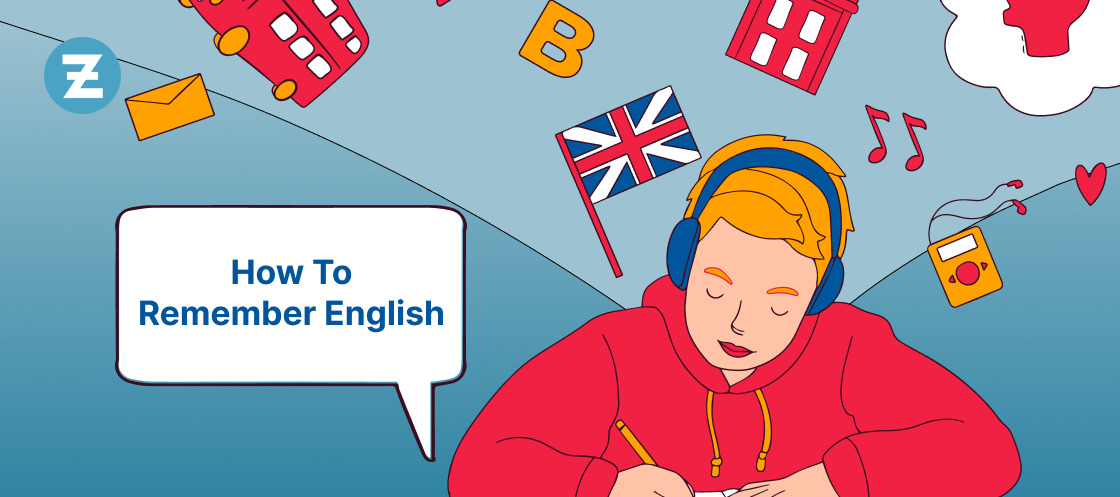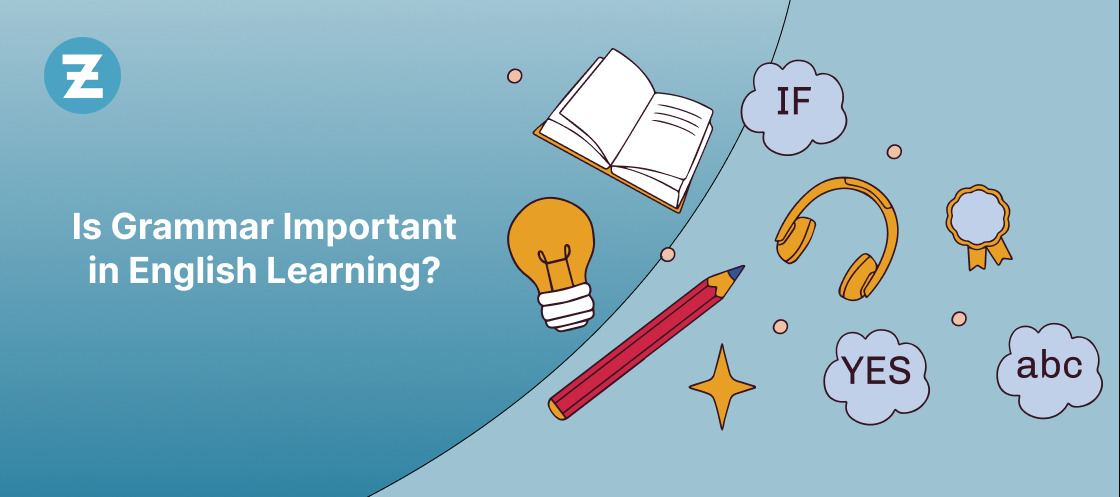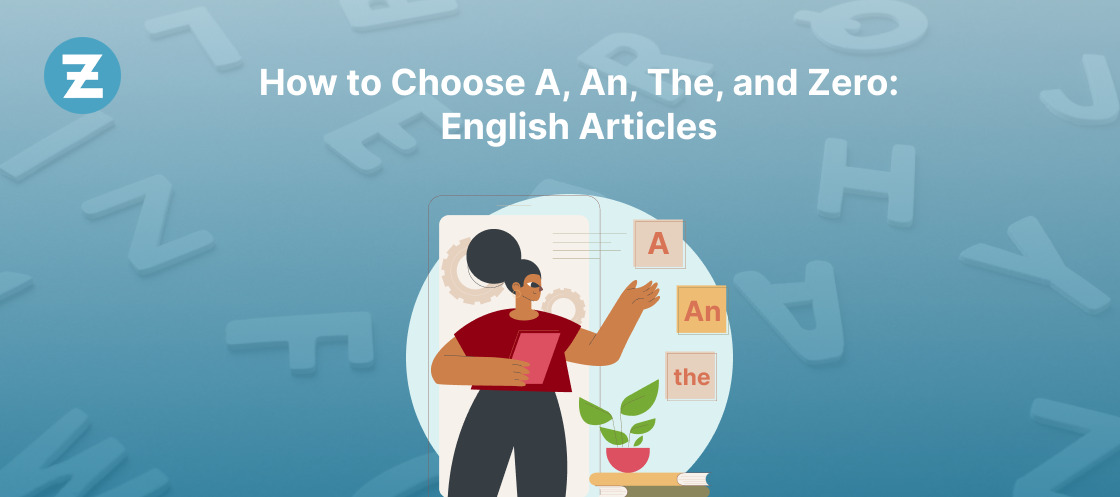Roll back the curtains of time, and you’ll find yourself in medieval England, at the very cradle of the English language. Born out of a cocktail of Germanic dialects, a smidgen of Latin, and a dash of Old Norse, English has come a long way from its humble beginnings. It’s grown, adapted, and evolved, much like a living organism, into a global language spoken by billions. Today, we have two main forms: standard English and advanced English. Standard English, as the name suggests, is the benchmark for English proficiency globally. It’s the version of the language with which most people speak and with which they’re familiar. On the other hand, advanced English sits atop the language proficiency scale, serving as the gold standard for English fluency.
Standard English: The Common Tongue
Picture a smooth river, flowing gently. It’s easy to cross, and you feel comfortable navigating through the waters—that’s standard English for you. Its linguistic characteristics are straightforward and easy to grasp. It is inclusive and flexible, and it is understandable to people with a basic understanding of the language. One of the key focuses of Standard English is clarity; the goal is to communicate effectively.
The importance of standard English can’t be overstated. It acts as the ticket to communication in every corner of the world. Job applications, governmental procedures, international commerce—they all speak the language of Standard English.
Now, hold your horses before you run off with some misconceptions about standard English. It isn’t’simple’ English or a bare-bones version of the language. It’s also not ‘improper’ or ‘broken’ English. It’s just a standard form that ensures smooth and effective communication among people from different regions and backgrounds.
Read also: 11 Types of Jokes in English
Advanced English: Beyond the Basics
Think of advanced English as negotiating a river in flood—sensational, demanding, and pushing your skills to their limits. Fluency, grammar intricacies, and precise choice of vocabulary all contribute to classifying English proficiency as ‘advanced.’
In the realms of academia, literature, and research, advanced English is the de facto lingua franca. It enables complex thought, detailed analyses, and all the wonderful things that make our knowledge expand and our minds tick.
However, let’s debunk some myths here. Advanced English is not a ‘snobby’ or ‘elitist’ language. It’s not reserved only for intellectuals or academics. It’s simply a complex form of the language that requires a deeper understanding and complete command.
1. Comparative Analysis: Standard English vs. Advanced English
Unraveling the differences between Standard and Advanced English involves kayaking deeper into the rivers of vocabulary, syntax, and idiomatic expressions. The vocabulary of Advanced English sprawls out like an all-you-can-eat buffet with a diverse range of unique words, while Standard English operates within a tighter set of commonly used terminology.
Peeking under the lid of grammatical complexity, Advanced English serves you layered delicacies of cladistics and subordinate clauses, whereas Standard English offers more straightforward structures.
| Looking for a Free and Easy Way to Boost Your English Skills? |
If English were music, idiomatic expressions would be the rhythm that adds flavor and cultural significance. Advanced English flaunts a symphony of idioms, metaphors, and similes that may sound like a foreign language to a standard English speaker.
Read also: English Phrases for Asking a Favor
Here are examples for better understanding:
1. Standard English: “I’m sorry for your loss.”
Advanced English: “My deepest condolences for your irreplaceable loss.”
2. Standard English: “I don’t understand.”
Advanced English: “I’m grappling with your stance.”
3. Standard English: “That book is intense.”
Advanced English: “That book is inherently evocative and thought-provoking.”
4. Standard English: “I’m running late.”
Advanced English: “I’m operating behind schedule.”
5. Standard English: “I’m working on it.”
Advanced English: “I’m actively engaged in its execution.”
6. Standard English: “She got married.”
Advanced English: “She got hitched.”
7. Standard English: “I had a quiet weekend.”
Advanced English: “I had a low-key weekend.”
8. Standard English: “Let’s make things more exciting.”
Advanced English: “Let’s spice things up.”
9. Standard English: “I promise; I’ll keep it a secret.”
Advanced English: “My lips are sealed.”
10. Standard English: “We don’t talk anymore.”
Advanced English: “We no longer engage in verbal confabulations.”
But again, it isn’t just about complexity or simplicity. Choosing between standard and advanced English depends on the circumstances and your audience. An academic lecture could call for advanced English, while a friendly chat with a foreign friend would be more suitable in standard English.
Conclusion
Delve into the intricate interplay between standard and advanced English, two sides of the same linguistic coin, each with a unique purpose and distinct role in shaping our understanding of the world. In this linguistic dance, ZoundsLike, the innovative language learning app, acts as your guide. Whether you’re looking to improve English proficiency or explore advanced linguistic nuances, ZoundsLike offers a seamless blend of traditional language norms and cutting-edge insights. Immerse yourself in interactive lessons, engaging exercises, and personalized learning paths. To embark on this linguistic odyssey, download the app now. Elevate your English, refine your communication skills, and redefine your linguistic journey.
FAQs
Q1. What differentiates standard English from advanced English?
Both forms are distinguished primarily by their complexity of vocabulary and grammar. Advanced English employs a more extensive range of vocabulary and complex grammar rules, while Standard English sticks to commonly used words and straightforward syntax.
Q2. Is advanced English better than standard English?
It’s not about one being better than the other. Both are fit for their purposes. For general, easy-going conversation and communication, standard English does the trick. For intellectual and academic pursuits, advanced English is usually more suitable.
Q3. How can one advance from Standard English to Advanced English?
Think of it as a journey. Start with basic language proficiency and then undertake formal study, practice, immerse yourself in the language, read extensively, and continually expose yourself to English in a range of contexts.








